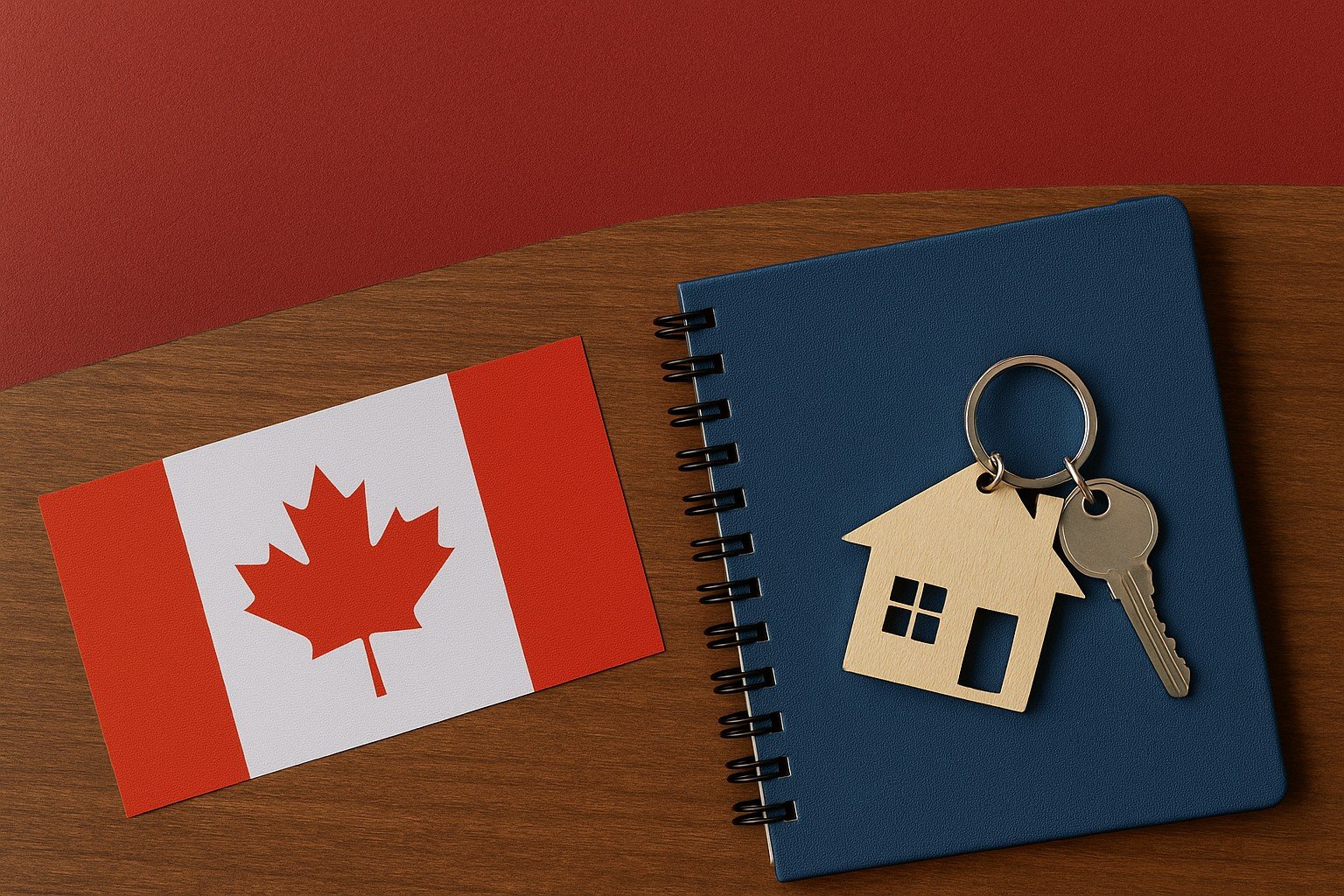
Securing a Mortgage With Bad Credit in Canada
"Bad credit doesn’t mean home ownership is off the table in Canada. With the right lender, strategy, and down payment, you can still qualify for a mortgage—even if your credit score isn’t perfect."
If your credit score isn’t picture-perfect, you might be wondering if homeownership in Canada is even possible. The good news? It absolutely is. While a low credit score can make things trickier, it’s not the end of the road. In fact, there are lenders who specialize in helping Canadians with poor or no credit history get on the property ladder. In this guide, we’ll break down how mortgages work when your credit score isn’t ideal — and how to improve your odds.
Why Your Credit Score Matters (But Isn’t Everything)
Your credit score is a three-digit number between 300 and 900 that tells lenders how reliably you manage debt. The higher the score, the more confident lenders feel about loaning you money. Scores above 760 are considered excellent, while anything below 660 is typically seen as risky.
But here’s the catch: lenders don’t just look at that number. They also look at your job, your income, your debt load, and your ability to make a down payment. So, even if your score isn’t ideal, you still have a shot at mortgage approval with the right strategy.
What Counts as ‘Bad’ Credit — And How You Got There
Bad credit doesn’t just happen overnight. It builds up from a mix of missed payments, maxed-out credit cards, collections, or even past bankruptcies. Newcomers to Canada often face the challenge of having no credit history at all — which can be just as tricky as having bad credit.
Other factors include:
– Late or missed payments
– High credit utilization (using too much of your credit limit)
– Little or no credit history
– Errors on your credit report
– Past collections, consumer proposals, or bankruptcies
Yes, You Can Get a Mortgage With Bad Credit
Traditional banks (also called A lenders) may turn you down if your credit score is under 660. But don’t panic — there are B lenders, monoline lenders, and private mortgage lenders who look at the full picture, not just your score.
You may need a larger down payment (often 20% or more), and the interest rate will likely be higher to compensate for the lender’s added risk. Still, it’s a way to get into the market while you work on rebuilding your credit.
Alternative Lenders That Might Say Yes When Banks Say No
Here’s who you might turn to if your credit isn’t bank-approved:
**Private Lenders:** These lenders offer short-term loans (often 6–12 months) with high interest rates. They’re useful as a short bridge — but make sure you have an exit plan.
**Monoline Lenders:** These are non-bank lenders who deal only in mortgages. Some offer more flexibility with credit than traditional banks.
**Credit Unions:** Since they’re provincially regulated, credit unions often have more flexibility to work with borrowers who don’t fit the traditional mold.
Be Careful: The Risks of Taking a Mortgage With Poor Credit
While it’s empowering to know you have options, you should go into any mortgage agreement with open eyes. Risks include:
– Paying a higher interest rate
– Needing a large down payment (typically 20% or more)
– Shorter loan terms that may not be renewed
– Risk of foreclosure if payments are missed
– Overextending your finances if you’re already juggling debt
Boost Your Chances of Getting Approved
If your credit isn’t great, here’s how to make yourself more appealing to lenders:
– **Build your credit:** Pay your bills on time, reduce your balances, and avoid new debt.
– **Save a larger down payment:** The more skin you have in the game, the less risk the lender sees.
– **Consider a co-signer or guarantor:** Having someone with strong credit back your mortgage can tip the scales in your favour.
– **Shop around:** Not all lenders are created equal. A mortgage broker can help match you with a lender who fits your situation.
– **Get pre-approved:** This helps you understand how much you can borrow — and gives sellers confidence in your offer.
📉 How a Bigger Down Payment Offsets Bad Credit
If your credit score is below 650, you may not qualify with A lenders — but a larger down payment can make you eligible with B or private lenders at better rates. Here’s a comparison:
| Credit Score | Minimum Down Payment Needed | Lender Type | Typical Interest Rate |
|---|---|---|---|
| 650+ | 5% | A Lender (Bank/CU) | 4.5% – 5.5% |
| 600 – 649 | 20% | B Lender | 5.8% – 7.2% |
| Below 600 | 25% – 35% | Private Lender | 8% – 12% |
Frequently Asked Questions
**How low is too low of a credit score for a mortgage?**
It depends on the lender. Some private lenders may work with scores below 550 if you have a large down payment or strong assets.
**Can I get a mortgage after bankruptcy?**
Yes. Once discharged, you can rebuild your credit and qualify with an alternative lender. Expect to need at least 20–25% down.
**What if I don’t have a credit history in Canada?**
Many lenders have newcomer programs that use international credit reports or rent and utility history instead.
Final Thoughts: Don’t Let Bad Credit Hold You Back
A low credit score doesn’t mean you can’t buy a home — it just means you need a smarter approach. Focus on what you can control: your credit habits, your savings, and who you choose to work with. There’s a path forward, even if it’s not the traditional one. To know about How to Utilize your Home Equity click here
Stuck with a Mortgage Decision?
Don’t stress — our team is here to help. Reach out for free, no-obligation guidance.
Contact the Experts

